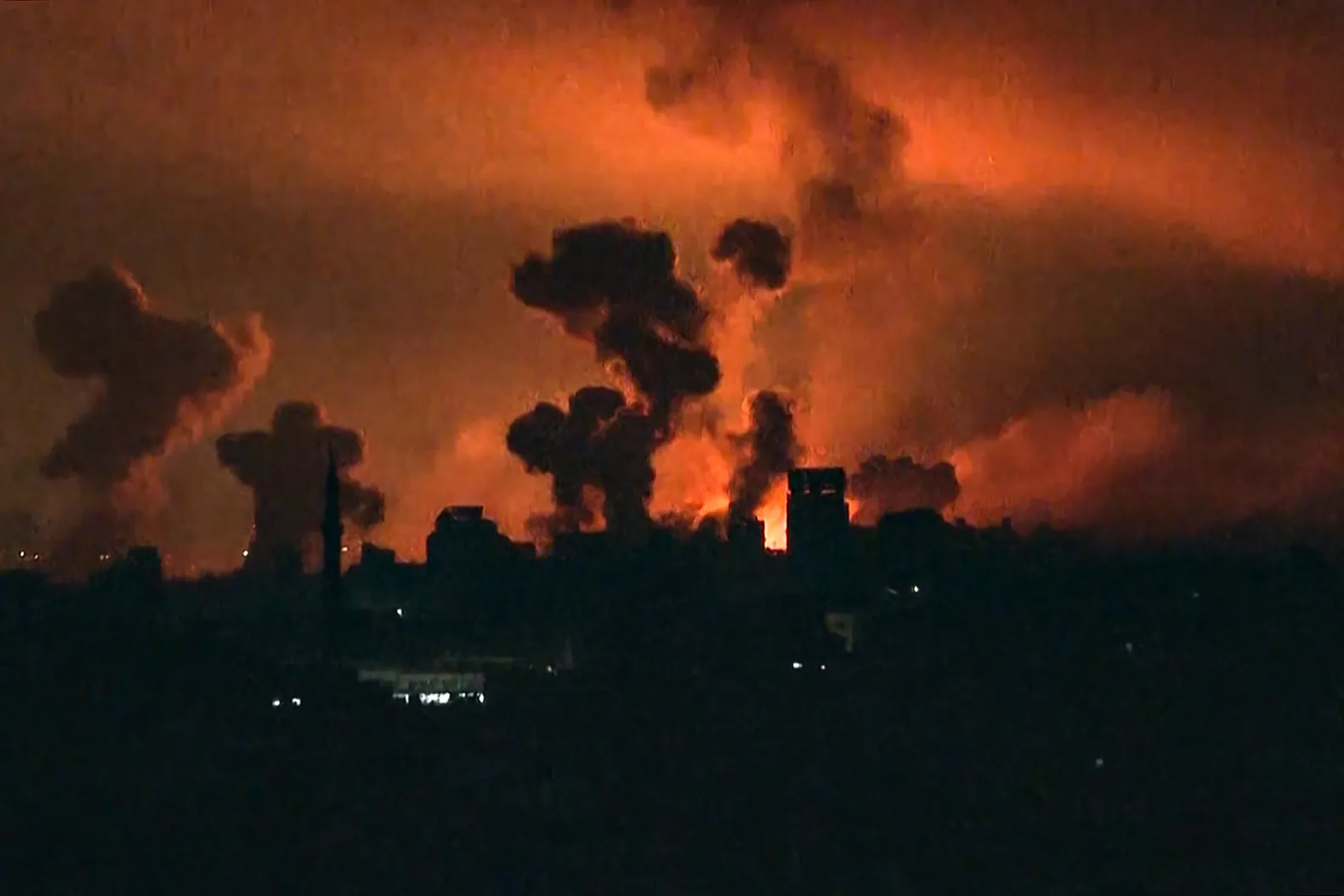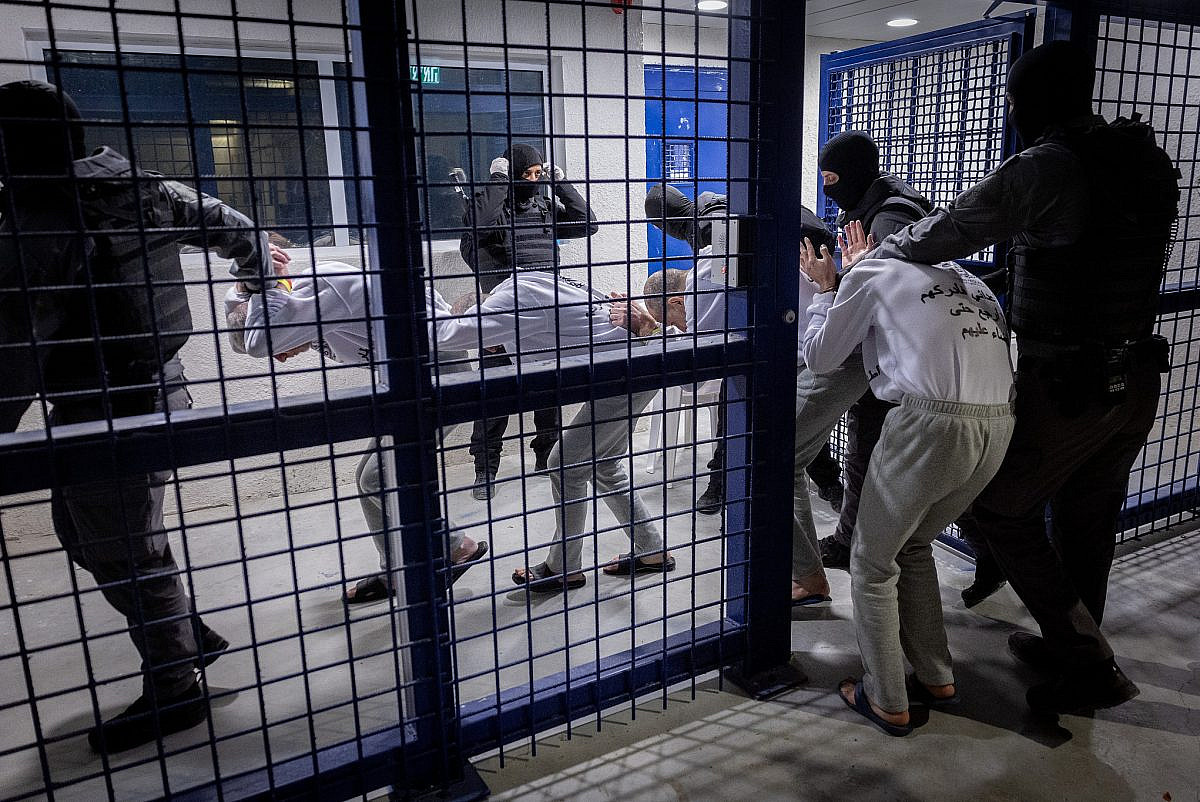Israel’s Aims: Spy, Break, Silence
The AA reported citing a security source as explaining three main reasons:- Military and intelligence: Israel uses blackouts to track Palestinian resistance networks and hack signals.
- Psychological pressure: Families panic when they cannot reach loved ones during bombings. People feel abandoned and alone.
- Media control: Israel tries to block images and reports of crimes and massacres from leaving Gaza, covering up evidence of atrocities.
Why Connections Return
Israel sometimes restores service after days. The source said this allows Israel to:- Reconnect with informants inside Gaza.
- Monitor humanitarian groups and civilians.
- Spy on calls and data using advanced surveillance and AI systems.
- Promote propaganda, claiming it respects international law.



